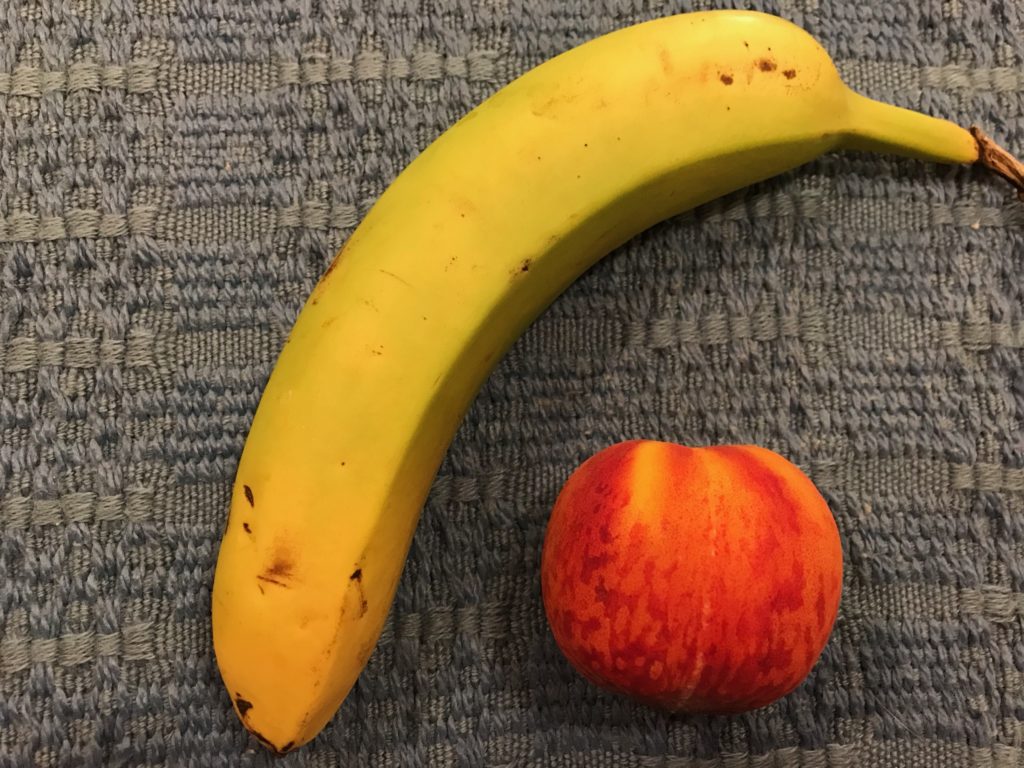
So, I can’t believe I almost missed International Masturbation Month. But there’s still time for me to write this post—and for you to use the word in front of your kids.* It’s not as difficult as you might think!
(*And, of course, there’s no deadline. This is just an easy way to bring up the subject.)
If you decide to take the plunge and say “masturbation” out loud to your children, you need to convey only one thing: that self-pleasuring is normal. Most people, of any gender, do it at least sometimes. Some people do it a lot. And it’s all okay.
When kids know masturbation is normal, they don’t feel the shame and uncertainty and self-doubt they might if self-pleasuring is somehow unspeakable. Even in this era of information overload, kids can be confused. They may worry if there’s something wrong with them for touching themselves. They may wonder if they’re the only one who does it. Since no one ever says anything about it, maybe it’s unhealthy or weird or something??
To counteract this possibility, you don’t have to do much. Simply say something like:
“Oh, I read it’s International Masturbation Month. It’s funny how we never talk about something that’s so common.”
“I remember wondering if I was normal when I started playing with myself. Just to make sure you know: It’s completely normal.”
“’Masturbation is such an unappealing word. I like ‘self-pleasuring’ better.”
“Did your school puberty program mention that masturbation is healthy and acceptable?” (It’s okay if they don’t answer; just asking makes the point.)
“It’s so strange that decades ago people thought masturbation was unhealthy.”
The response may be a stunned silence or a puzzled look—and that’s fine. Even if your kid protests—“Ugh, Dad! Don’t talk about that!”—that’s fine, too. You’ve conveyed the important point that masturbation is healthy. Beyond that, you’ve also demonstrated that you can talk about awkward sexual topics, even things like self-pleasuring. It’s another helpful layer in their learning about sexuality.